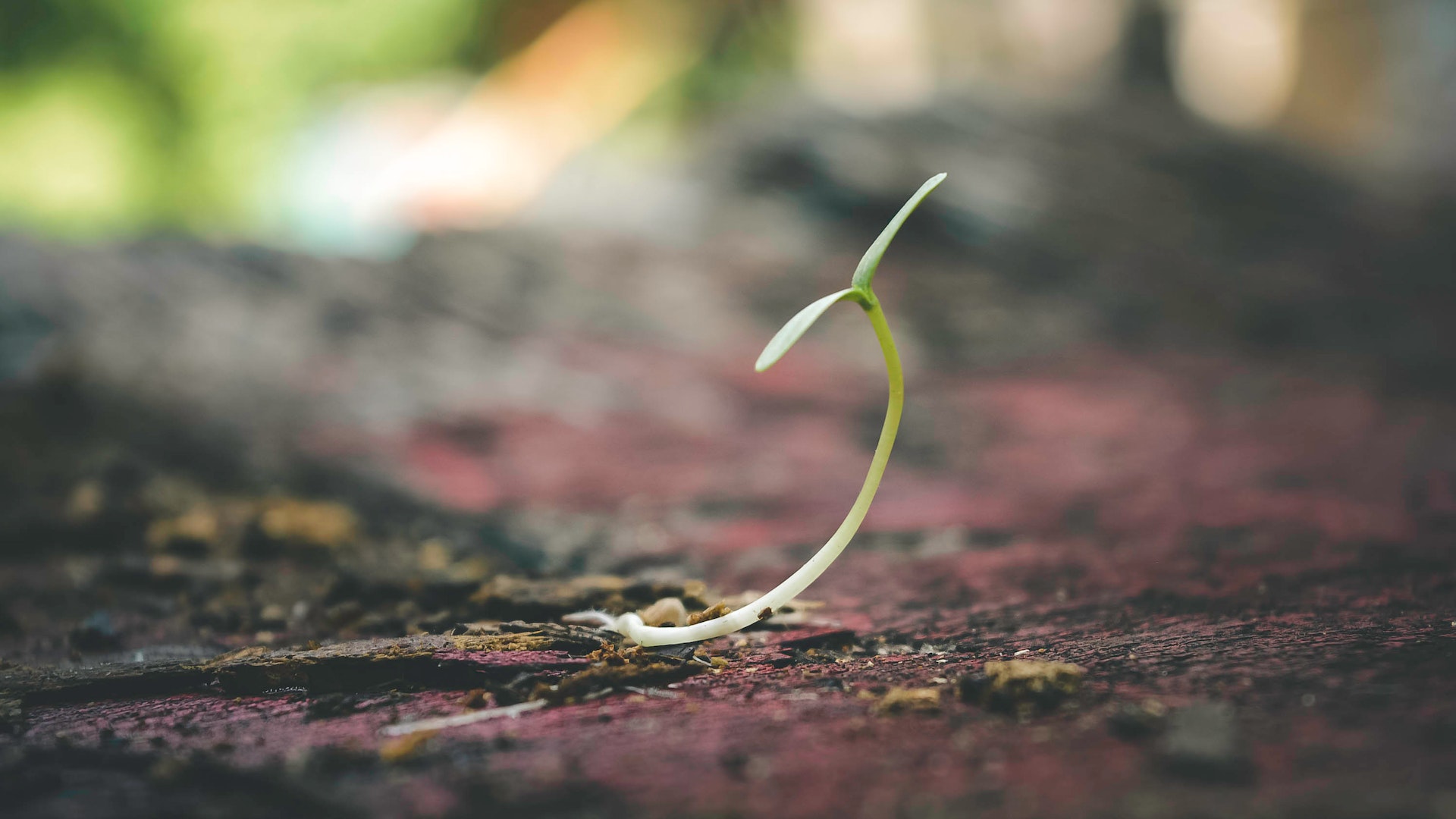
Regular marijuana seeds have been the go-to choice for cannabis cultivation for many years. These seeds have been utilized in the breeding and growing of cannabis for centuries and continue to be popular today. They possess the unique ability to develop into either male or female plants, making them highly desired by cannabis breeders. Consider any strain you have ever experienced – it all began by combining male and female plants that originated from regular marijuana seeds.
What Are Regular Cannabis Seeds?
Regular cannabis seeds are seeds that have not been genetically modified or feminized. These seeds have the possibility of developing into male or female plants, with a roughly equal chance of each. Male plants produce pollen while female plants produce buds that contain higher levels of cannabinoids such as THC and CBD.
Regular vs. Feminized Seeds
Feminized seeds are genetically modified to ensure that they will only produce female plants. This is desirable because female plants are the ones that produce the flowers or buds, which are the desired part of the plant for cultivation. Such seeds are often preferred by growers because they eliminate the need to identify and remove male plants, which do not produce flowers and can reduce the overall yield of the crop.
However, regular seeds still have their place in the market as they offer a more natural and diverse growing experience. Some breeders prefer to work with regular seeds to develop new strains and for their potential to produce male plants, which are needed for the breeding process.
In summary, regular seeds offer a more traditional and diverse growing experience, while feminized seeds provide a more efficient and predictable cultivation process. The preference for one over the other may depend on the specific goals and preferences of the grower.
Regular vs. Autoflower Seeds
Regular seeds and autoflower seeds are two types of cannabis seeds, each offering different benefits and challenges.
Compared to autoflowers, regular seeds have a longer vegetative phase and require a change in lighting to induce the flowering stage. They also generally have a longer flowering time compared to autoflower seeds.
Autoflower seeds, on the other hand, are genetically modified or bred to have a specific growth pattern that automatically transitions from the vegetative phase to the flowering phase after a certain amount of time. They are generally smaller in size compared to regular plants, making them suitable for small growing spaces or discreet gardens, and are easier to grow.
Autoflowering plants have a faster life cycle and are ready for harvest in about 8-12 weeks from germination, compared to regular plants that can take 12-16 weeks or longer. They don't require a change in lighting to trigger the flowering phase and will start flowering automatically within a few weeks.
Overall, the choice between regular seeds and autoflower seeds depends on your specific needs and preferences. Regular seeds are suitable for those interested in breeding or creating new strains, while autoflower seeds are great for beginners or those looking for a faster and easier growing experience.
Are Regular Seeds Worth Growing?
Regular cannabis seeds are worth growing if you are looking to breed and produce your own seeds, or if you want a wider genetic variety in your cannabis garden. Breeding with regular seeds allows you to develop and stabilize certain desirable traits in cannabis plants. Additionally, regular seeds tend to be more affordable compared to feminized or auto-flowering seeds, making them a cost-effective option.
Regular Seeds Growing Tips
Growing regular seeds may be more challenging than other weed seed types, but when you know some tips and tricks and are aware of the best methods, there's nothing impossible!
- Choose the right seeds: Make sure to choose good quality and healthy seeds for planting. Look for regular cannabis seedsfrom reputable suppliers.
- Start seeds indoors: Some plants require a longer growing season and benefit from being started indoors before transplanting them outside. Follow the specific instructions for each plant to know when and how to start the seeds indoors.
- Provide proper lighting: When starting seeds indoors, provide them with adequate lighting. You can use fluorescent lights or special grow lights to ensure they receive the right amount of light each day.
- Maintain proper temperature and humidity: Different plants have different temperature and humidity requirements for optimal growth. Regularly check and maintain the appropriate temperature and humidity levels for the seeds you are growing.
- Water the seeds properly: Water the seeds gently and evenly, ensuring they are neither too wet nor too dry. Avoid overwatering as it can lead to diseases or root rot.
- Transplant seedlings carefully: Once the seedlings have reached a certain size and are strong enough, transplant them into larger pots or into the garden bed. Be gentle while handling the young plants to avoid damaging their delicate roots.
- Provide adequate sunlight: Once the seedlings have been transplanted, make sure they receive enough sunlight. Most plants need at least 6-8 hours of direct sunlight daily. If you are growing them indoors, place them near a sunny window or use artificial grow lights.
- Fertilize the plants: Regularly fertilize your plants to provide them with essential nutrients. Use organic fertilizers or follow the manufacturer's instructions for synthetic fertilizers.
- Control pests and diseases: Keep an eye out for any signs of pests or diseases and take necessary measures to control them. This may include using organic pest control methods, removing infected plants, or using suitable pesticides sparingly if necessary.
- Regular maintenance: Regularly monitor and maintain your plants by providing them with proper care. This includes regular watering, pruning, and checking for any signs of distress or nutrient deficiencies.
Remember to follow the specific instructions for each plant variety, as different plants may have unique growing requirements. Happy growing!